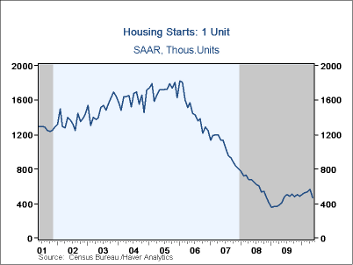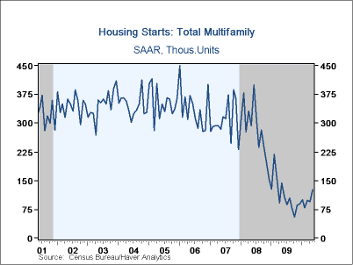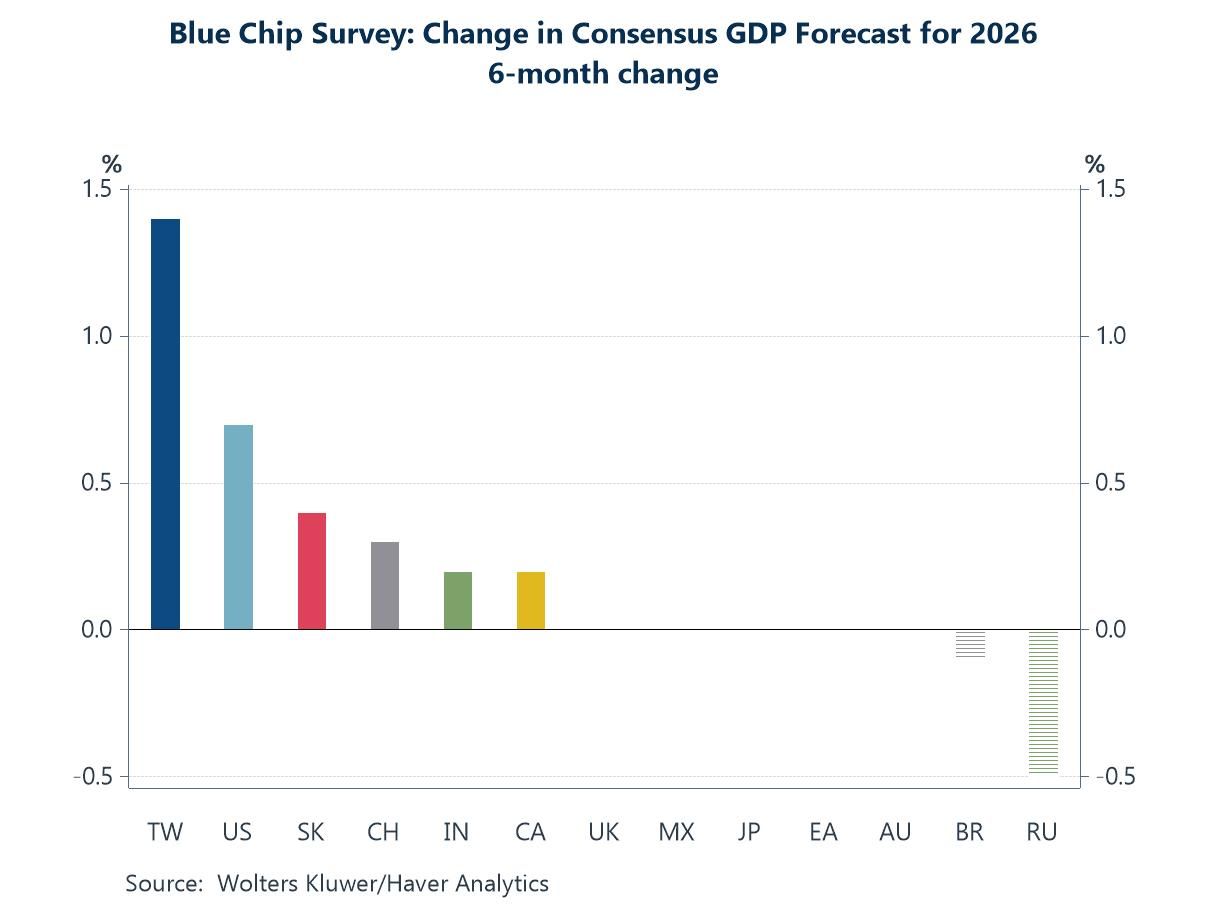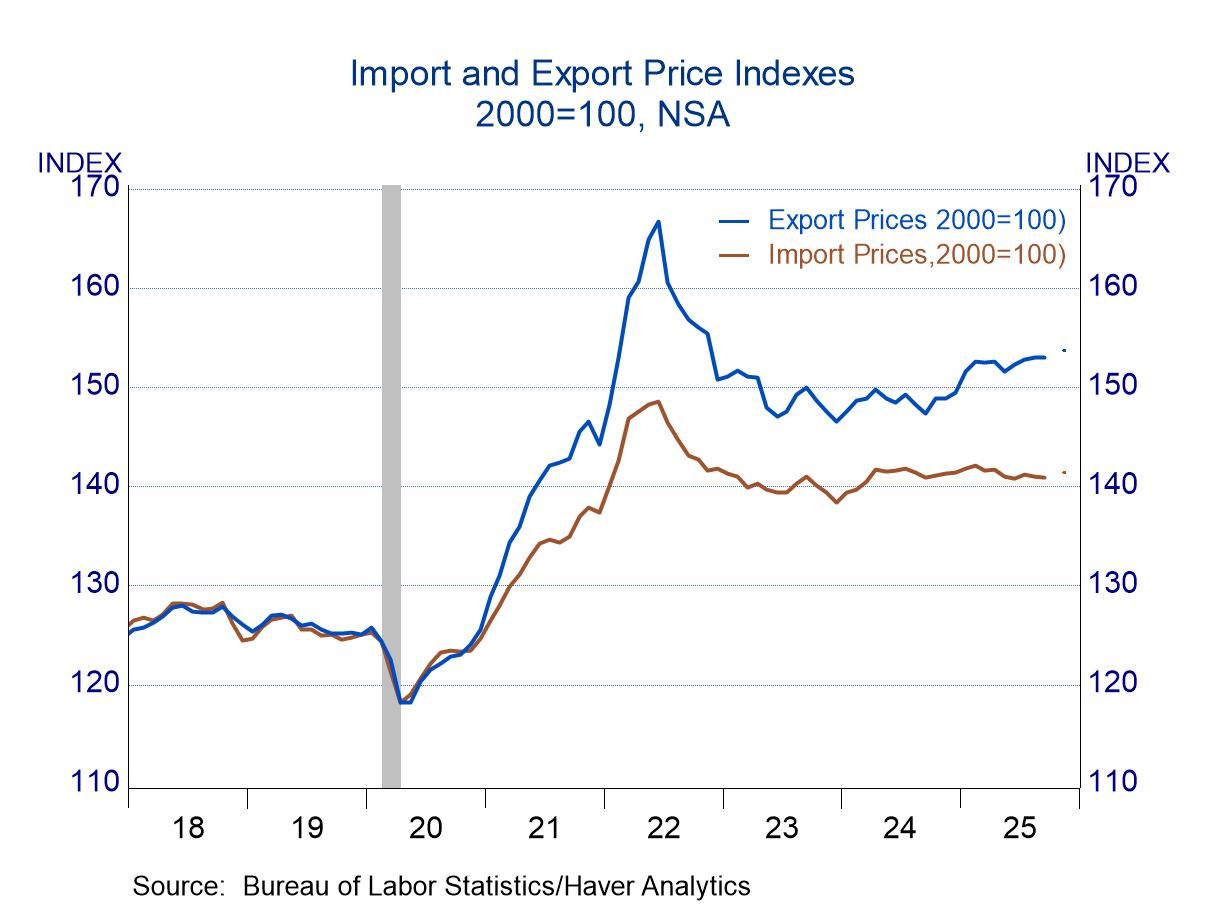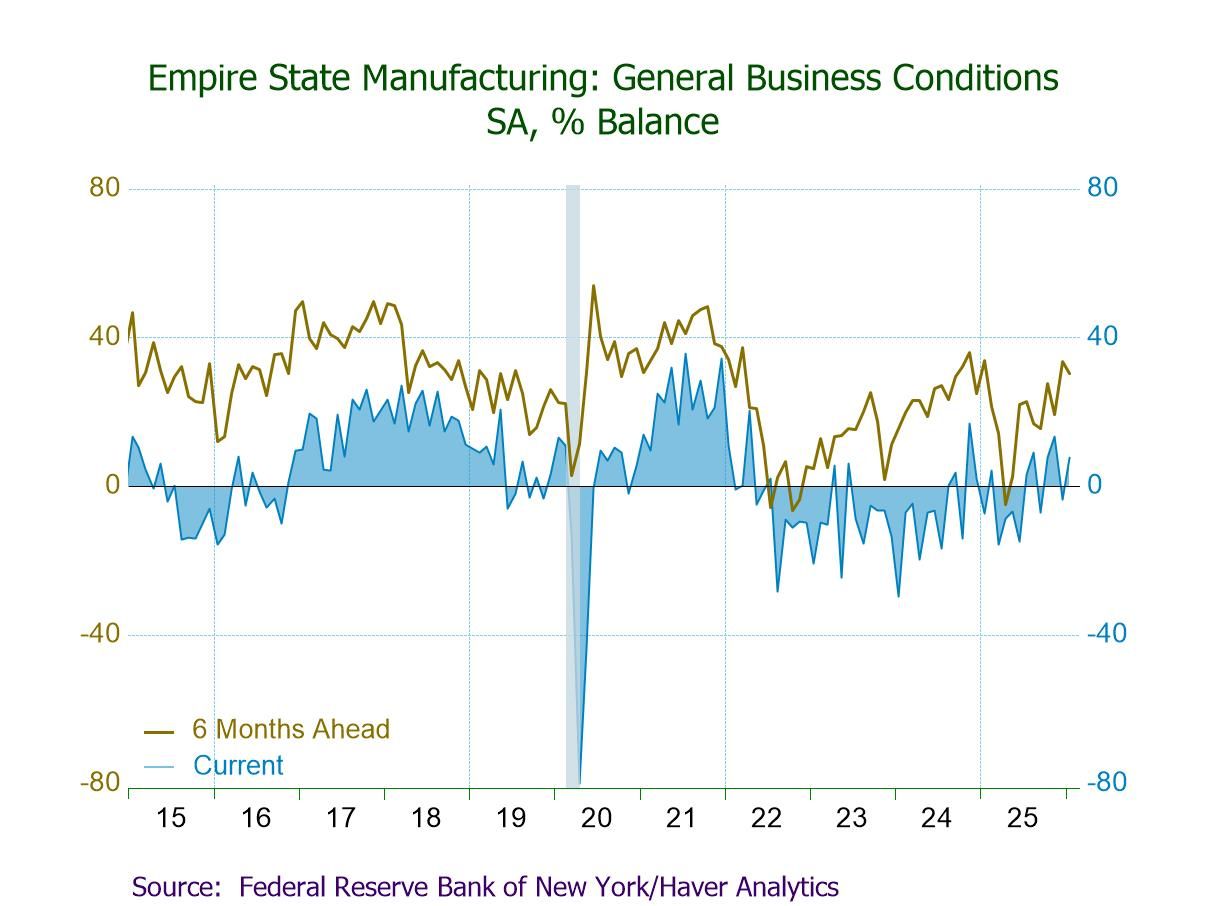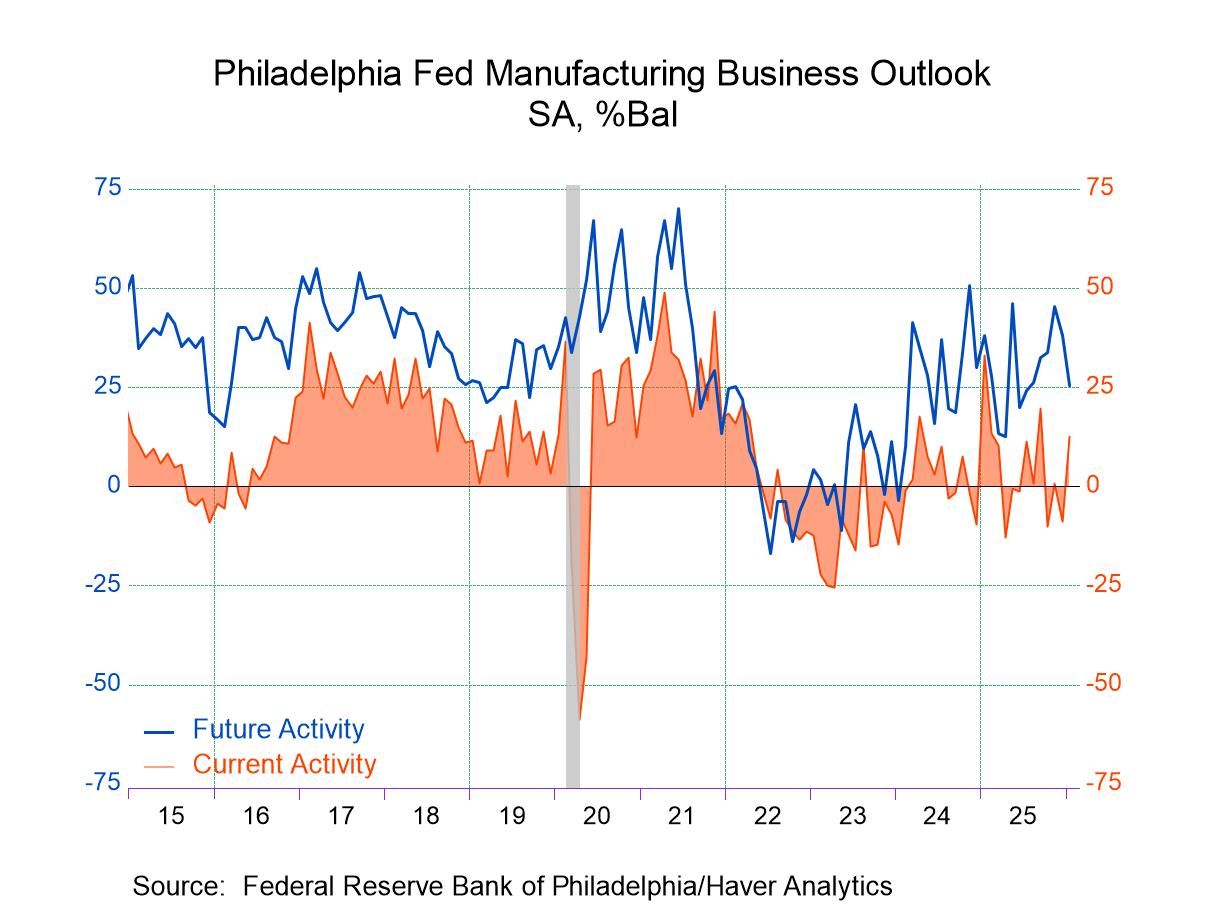 Global| Jun 16 2010
Global| Jun 16 2010U.S. Housing Starts Decline, Erasing Year's Increase
by:Tom Moeller
|in:Economy in Brief
Summary
If there was any question that the government's program to stimulate housing was a success, it should be laid to rest now that it's ended. May housing starts plummeted 10% m/m to 593,000 (AR), the lowest level since December. The [...]
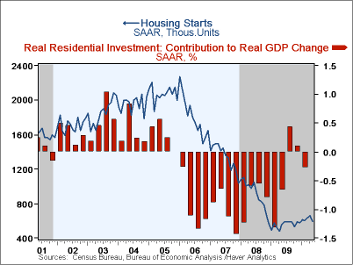 If there was any question
that the government's program to stimulate housing was a success, it
should be laid to rest now that it's ended. May housing starts
plummeted 10% m/m to 593,000 (AR), the lowest level since December. The
April level was revised down modestly. The latest figure was well short
of Consensus expectations for 648,000 starts but despite the decline,
starts remain up 21.5% from the low in January 2009.
If there was any question
that the government's program to stimulate housing was a success, it
should be laid to rest now that it's ended. May housing starts
plummeted 10% m/m to 593,000 (AR), the lowest level since December. The
April level was revised down modestly. The latest figure was well short
of Consensus expectations for 648,000 starts but despite the decline,
starts remain up 21.5% from the low in January 2009.
Starts of single-family homes fell 17.2% from April to 468,000, the lowest level in twelve months. In the South, single-family starts fell by one-quarter (+10.1% y/y) while starts in the Midwest dropped 10.9% (+15.5% y/y). In the Northeast starts fell a lesser 1.7% (+54.1 y/y) and were off 2.0% (+11.1 y/y) in the West.
Activity in the the multi-family sector continued to improve and starts of apartments, condominiums & town houses jumped by one-third to 125,000, the highest level in twelve months.
Building permits during fell 5.9% to the lowest level in one-year. Permits to build a single-family home repeated their April decline and fell roughly 10.0% (+3.1% y/y). Permits to build multi-family homes increased 9.7% and were 26.0% higher than the low last July.
The housing starts figures can be found in Haver's USECON database.
| Housing Starts (000s, SAAR) | May | April | March | May y/y | 2009 | 2008 | 2007 |
|---|---|---|---|---|---|---|---|
| Total | 593 | 659 | 634 | 7.8% | 554 | 900 | 1,342 |
| Single-Family | 468 | 565 | 535 | 15.3 | 442 | 616 | 1,036 |
| Multi-Family | 125 | 94 | 99 | -13.2 | 112 | 284 | 306 |
| Building Permits | 574 | 610 | 685 | 4.4 | 583 | 896 | 1,392 |
Tom Moeller
AuthorMore in Author Profile »Prior to joining Haver Analytics in 2000, Mr. Moeller worked as the Economist at Chancellor Capital Management from 1985 to 1999. There, he developed comprehensive economic forecasts and interpreted economic data for equity and fixed income portfolio managers. Also at Chancellor, Mr. Moeller worked as an equity analyst and was responsible for researching and rating companies in the economically sensitive automobile and housing industries for investment in Chancellor’s equity portfolio. Prior to joining Chancellor, Mr. Moeller was an Economist at Citibank from 1979 to 1984. He also analyzed pricing behavior in the metals industry for the Council on Wage and Price Stability in Washington, D.C. In 1999, Mr. Moeller received the award for most accurate forecast from the Forecasters' Club of New York. From 1990 to 1992 he was President of the New York Association for Business Economists. Mr. Moeller earned an M.B.A. in Finance from Fordham University, where he graduated in 1987. He holds a Bachelor of Arts in Economics from George Washington University.


